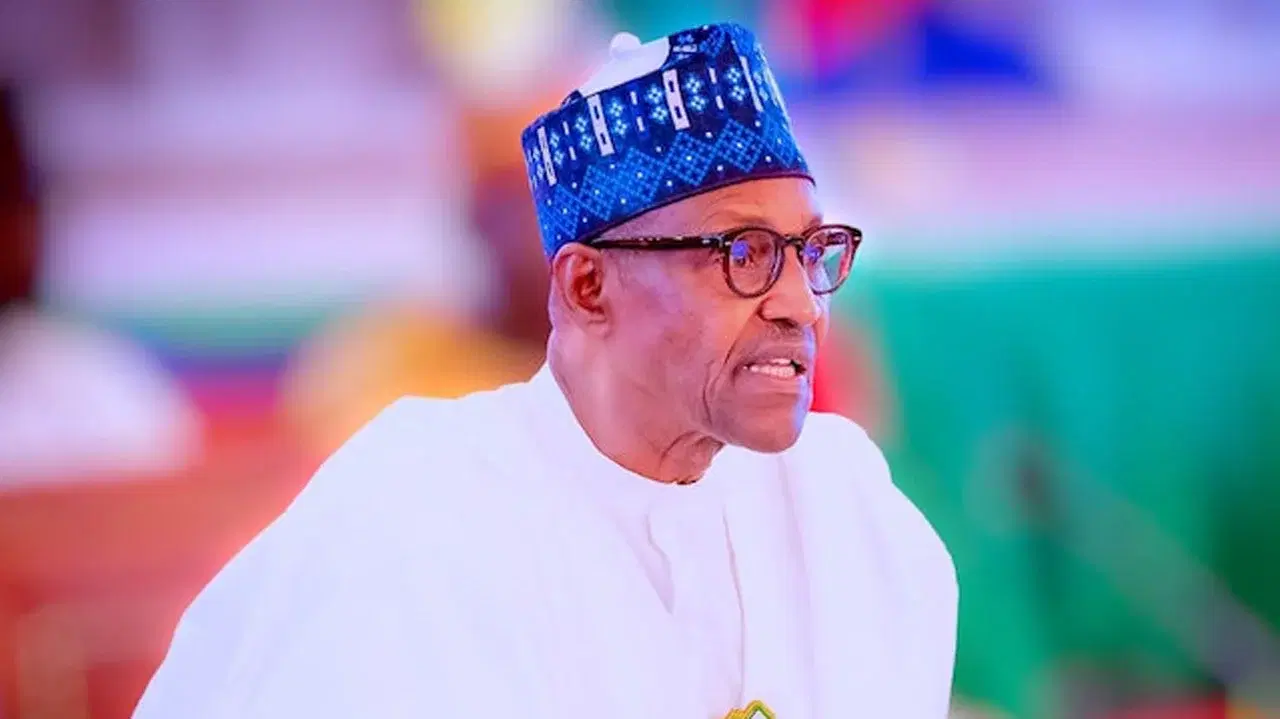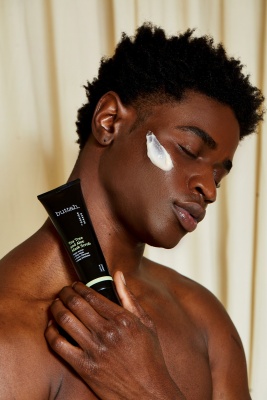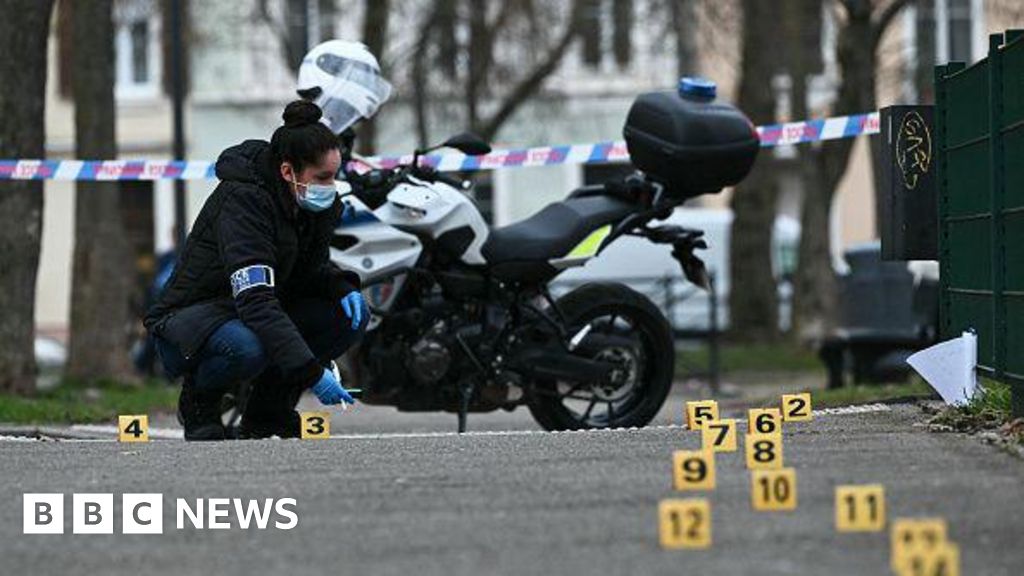How Tinubu Thwarted El-Rufai’s ‘Coup’ – The Whistler
ARTICLE AD BOX
You Might Be Interested In
Many Nigerians may not be aware that President Bola Tinubu and former Kaduna State governor, Nasir El-Rufai, had long fallen out before the 2023 presidential election. Their political alliance, once seemingly strong, began to crack shortly after Muhammadu Buhari’s victory in the 2015 presidential election.
Observers within Nigeria’s political circles had noted how Buhari, in his early days as president, openly admired Tinubu’s political acumen, which was instrumental in securing his victory. Without Tinubu’s strategic maneuvers, Buhari’s chances of defeating heavyweights like Atiku Abubakar, Rabiu Kwankwaso, and Aminu Tambuwal in the APC primaries were slim. Tinubu’s influence did not just stop at the primaries—his political machine helped Buhari clinch the presidency in 2015.
At Buhari’s inauguration on May 29, 2015, the camaraderie between both men was on full display. The new president repeatedly shook hands with Tinubu and patted him on the back, in what many saw as an acknowledgment of the role Tinubu played in his success.
The Beginning of a Cold War
However, this alliance quickly turned sour. A few months into Buhari’s first term, Tinubu began to feel sidelined. The president, known for his rigid and insular leadership style, kept his political benefactor at arm’s length. Soon, a leaked memo from El-Rufai to Buhari further widened the rift. The memo allegedly downplayed Tinubu’s contributions to Buhari’s victory, portraying them as exaggerated.
You Might Be Interested In
For Tinubu, this was the turning point. The warmth he once enjoyed from the presidency disappeared, replaced by cold indifference. Even Tinubu’s wife, Senator Remi Tinubu, voiced her concerns on the Senate floor, accusing Buhari of abandoning her husband after he helped him win power.
The exclusion continued beyond mere gestures. Tinubu reportedly had no say in Buhari’s key appointments, with a powerful cabal tightening its grip on the presidency. This group, made up of individuals with little electoral influence, saw Tinubu as a threat and worked tirelessly to keep him away from Aso Rock.
El-Rufai’s Role in the Political Battle
El-Rufai was one of the key figures who actively worked to diminish Tinubu’s influence. He launched a campaign to “demystify” the APC leader, encouraging Tinubu’s associates to challenge his authority. He made frequent trips to Lagos, the heart of Tinubu’s political empire, pushing for an end to what he termed “godfatherism.”
At one point, El-Rufai asked an incumbent Lagos governor when he planned to retire his political godfather. The governor, who had risen to power with Tinubu’s backing, responded, “Second tenure.” That conversation, however, would mark the beginning of the governor’s downfall. Tinubu, who had ears everywhere, got wind of the remark. The governor failed to secure a second-term ticket in 2019, effectively ending his political career.
You Might Be Interested In
But El-Rufai was far from done. He rallied several former governors from the Southwest, many of whom owed their political rise to Tinubu, to challenge him for the APC’s 2023 presidential ticket. Among them were Kayode Fayemi, Ibikunke Amosun, and even Vice President Yemi Osinbajo. While some of these men contested quietly, former Osun State governor Rauf Aregbesola launched a public attack against Tinubu, a move reminiscent of Brutus’ betrayal of Julius Caesar.
Despite these challenges, Tinubu outmaneuvered them all. He overcame Buhari’s cabal, secured the APC presidential ticket, and ultimately won the 2023 election.
El-Rufai’s Hidden Agenda
El-Rufai’s opposition to Tinubu wasn’t personal—it was strategic. His ultimate goal was to position himself as a vice-presidential candidate in 2023. Knowing that the APC would be reluctant to field a Muslim-Muslim ticket again, he needed a Christian from the South—preferably Fayemi—to emerge as the party’s candidate. That way, he could secure the vice-presidential slot.
However, Tinubu’s choice of Kashim Shettima, a fellow Muslim, shattered El-Rufai’s calculations. Unlike Buhari, whose 2015 candidacy required a Christian running mate for electoral balance, Tinubu managed to navigate the religious dynamics differently.
You Might Be Interested In
The Fallout
By the time the 2023 election approached, Tinubu no longer trusted El-Rufai. Though the former Kaduna governor tried to realign himself with Tinubu after other northern governors threw their weight behind him, the damage had already been done. Tinubu played along, using political wisdom to keep El-Rufai close during the campaign, but once in power, he kept him at a distance.
In the end, the battle for supremacy between Tinubu and El-Rufai was not just about ideology—it was about survival. Tinubu’s political resilience outmatched El-Rufai’s maneuvers, proving once again that in Nigerian politics, loyalty is fleeting, but power is everything.
You Might Be Interested In
Post Views: 384


 3 weeks ago
34
3 weeks ago
34


















.jpg)



.jpg)

.jpg)







 English (US)
English (US)